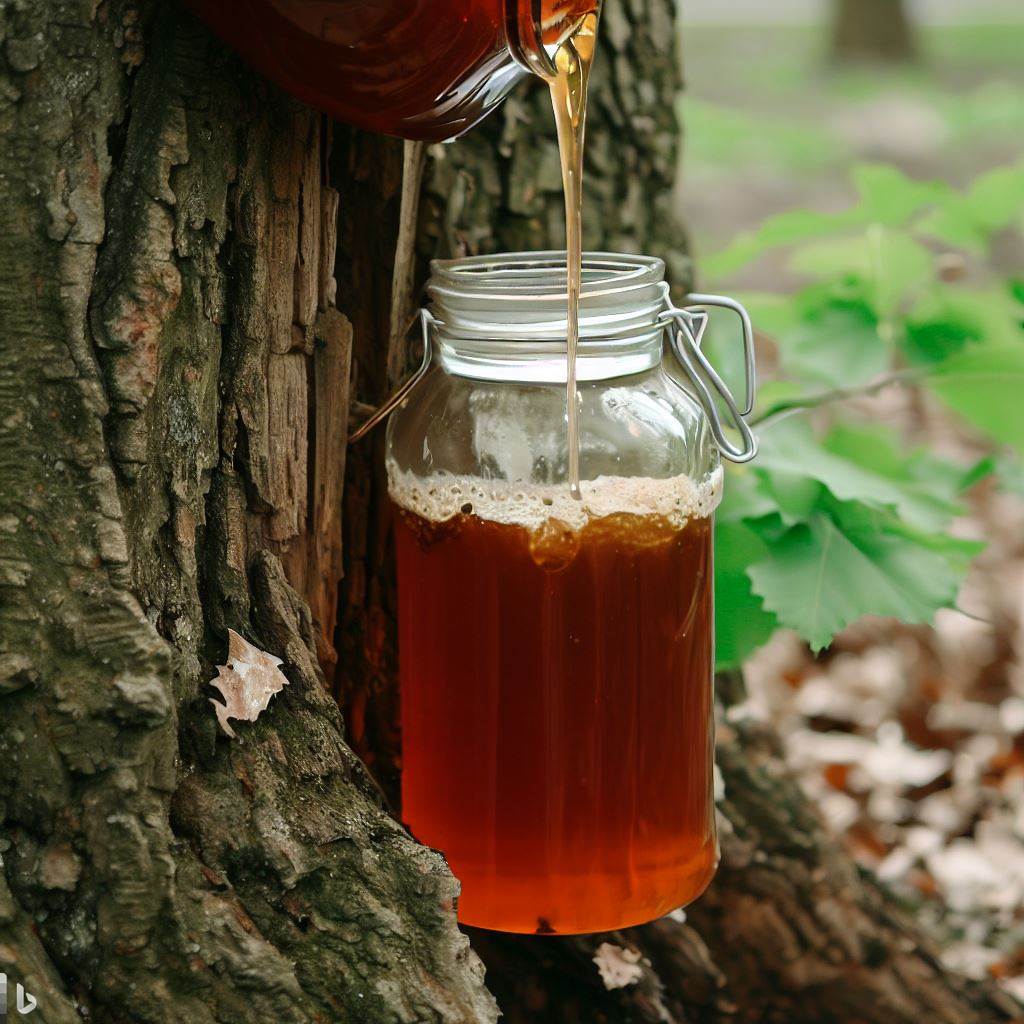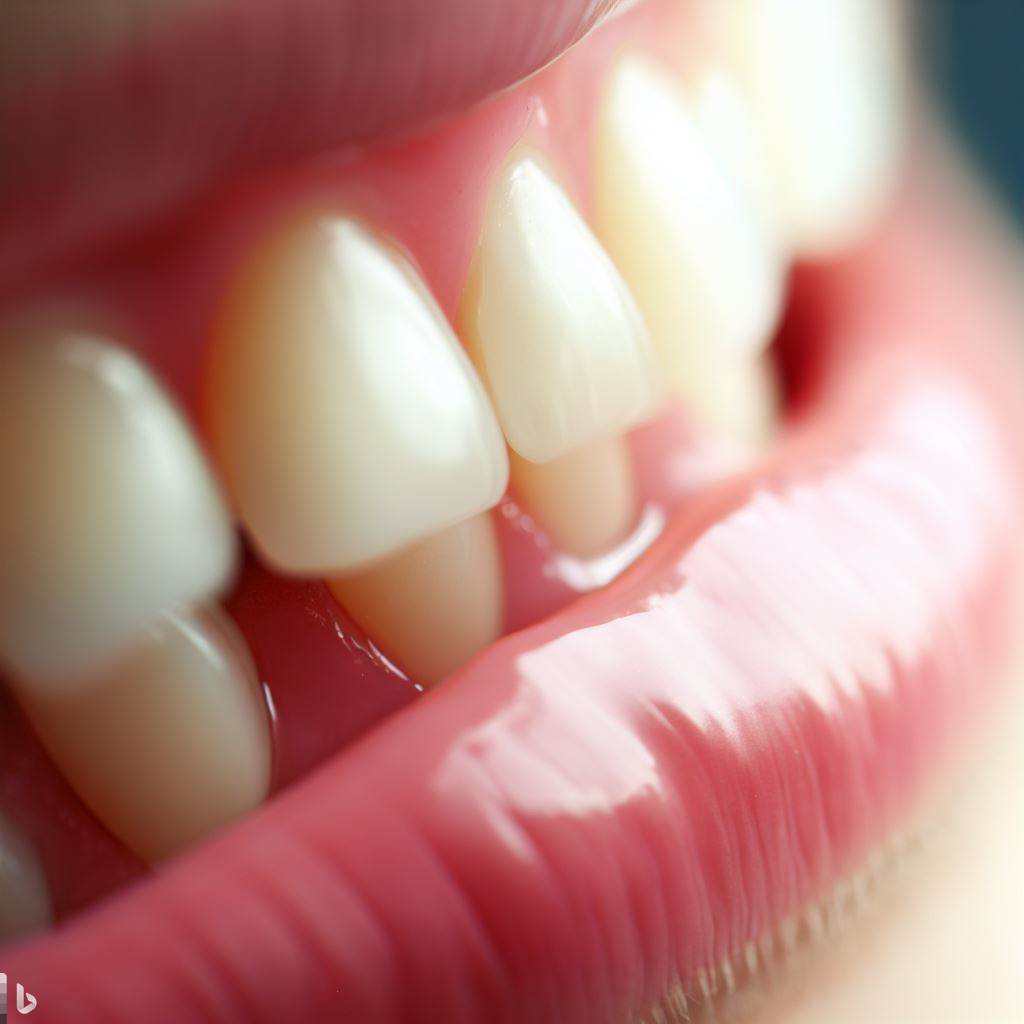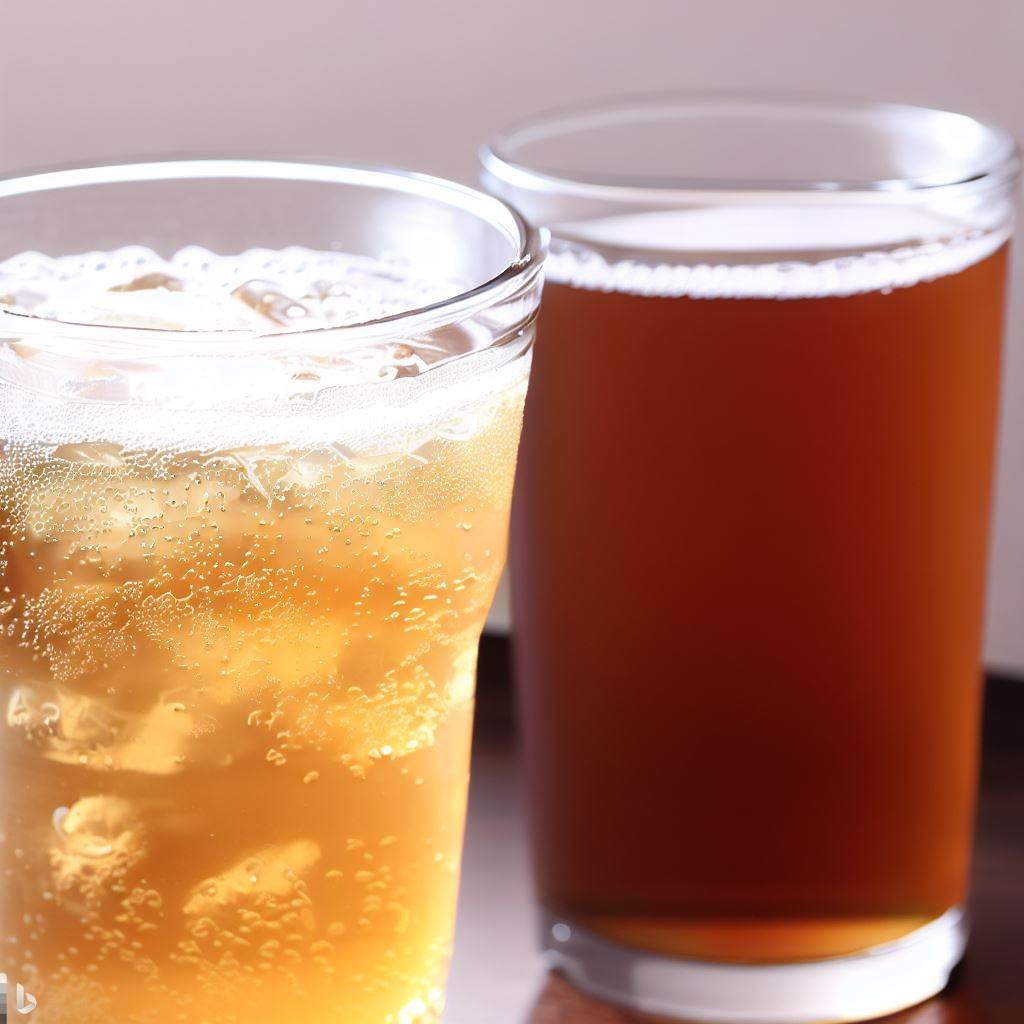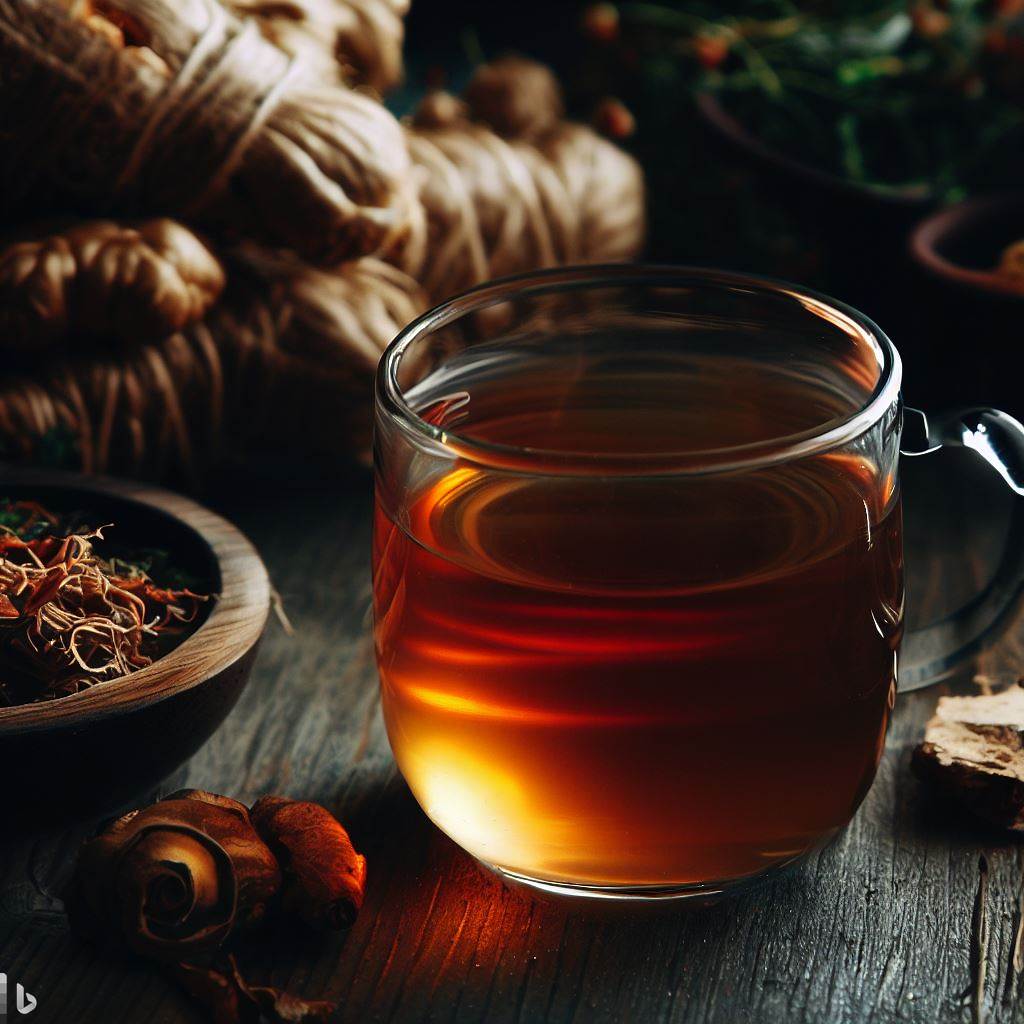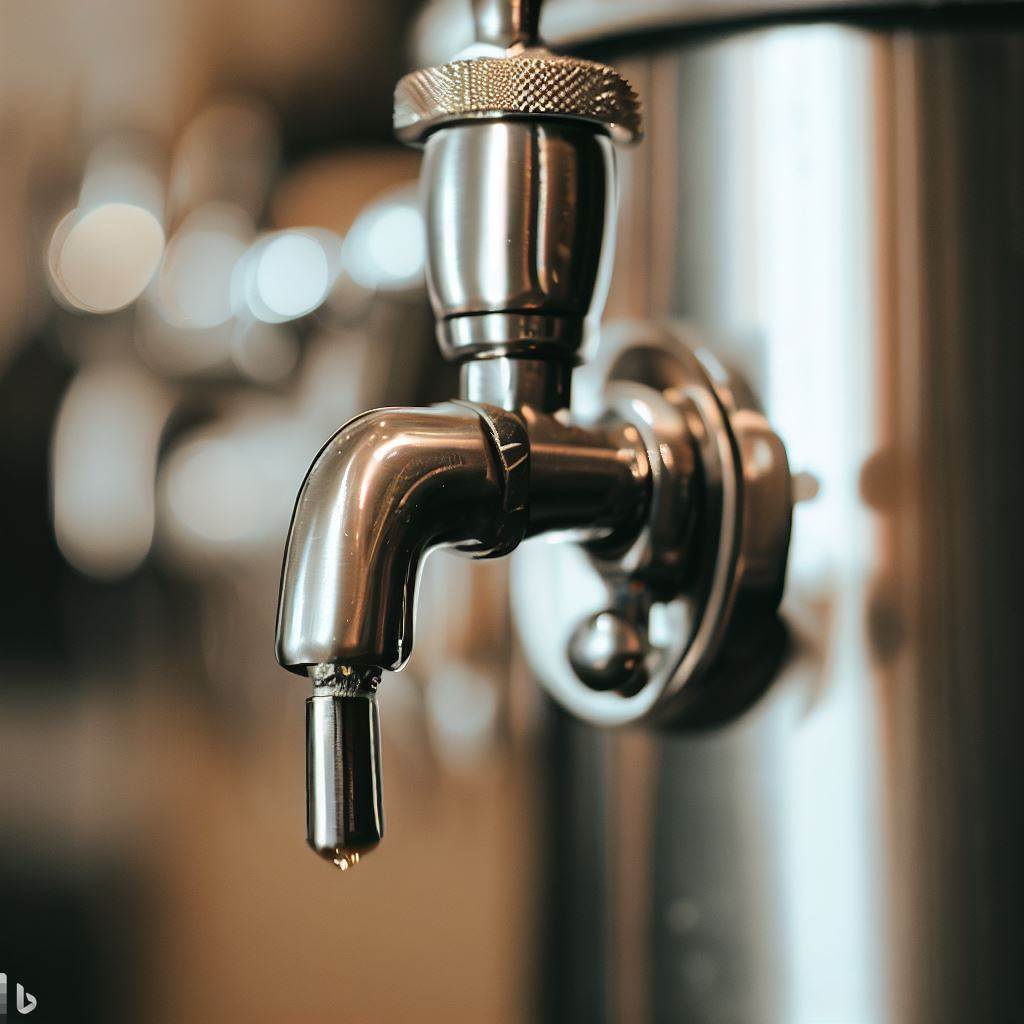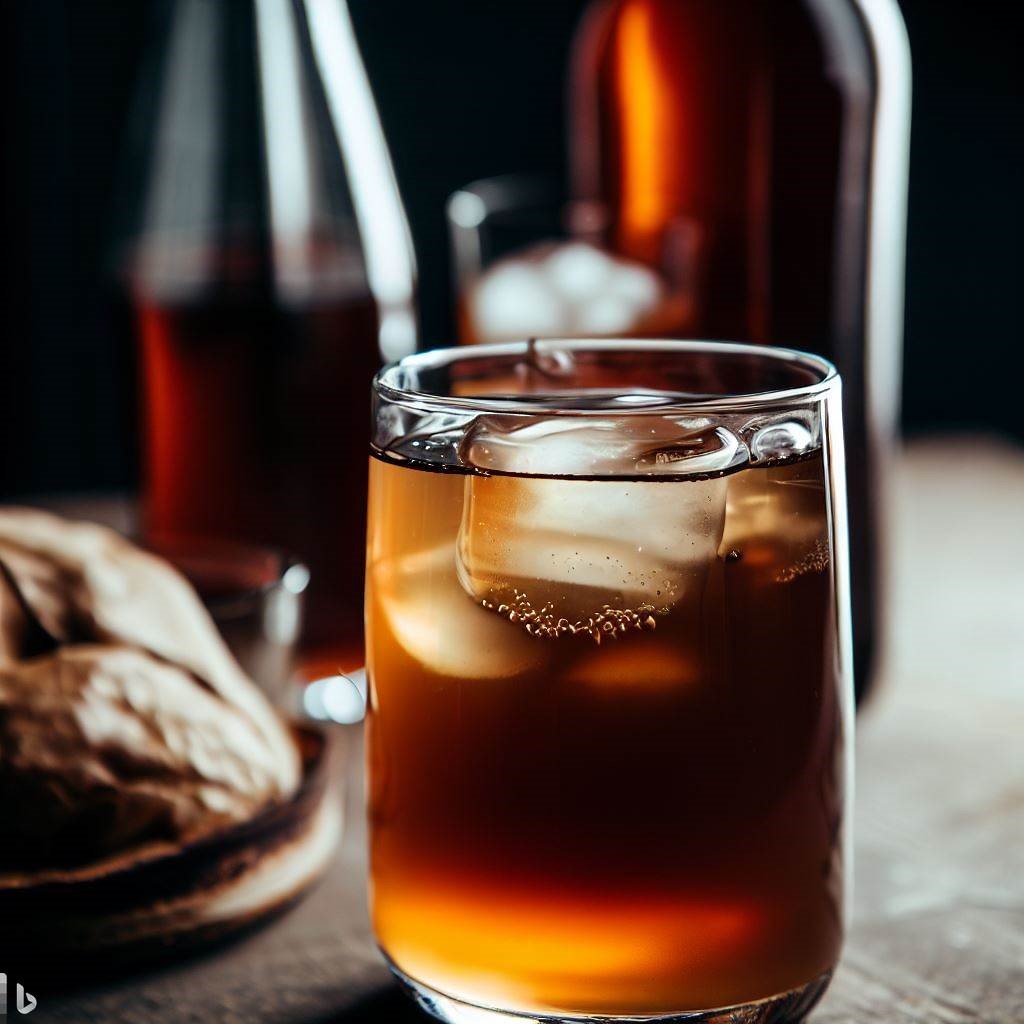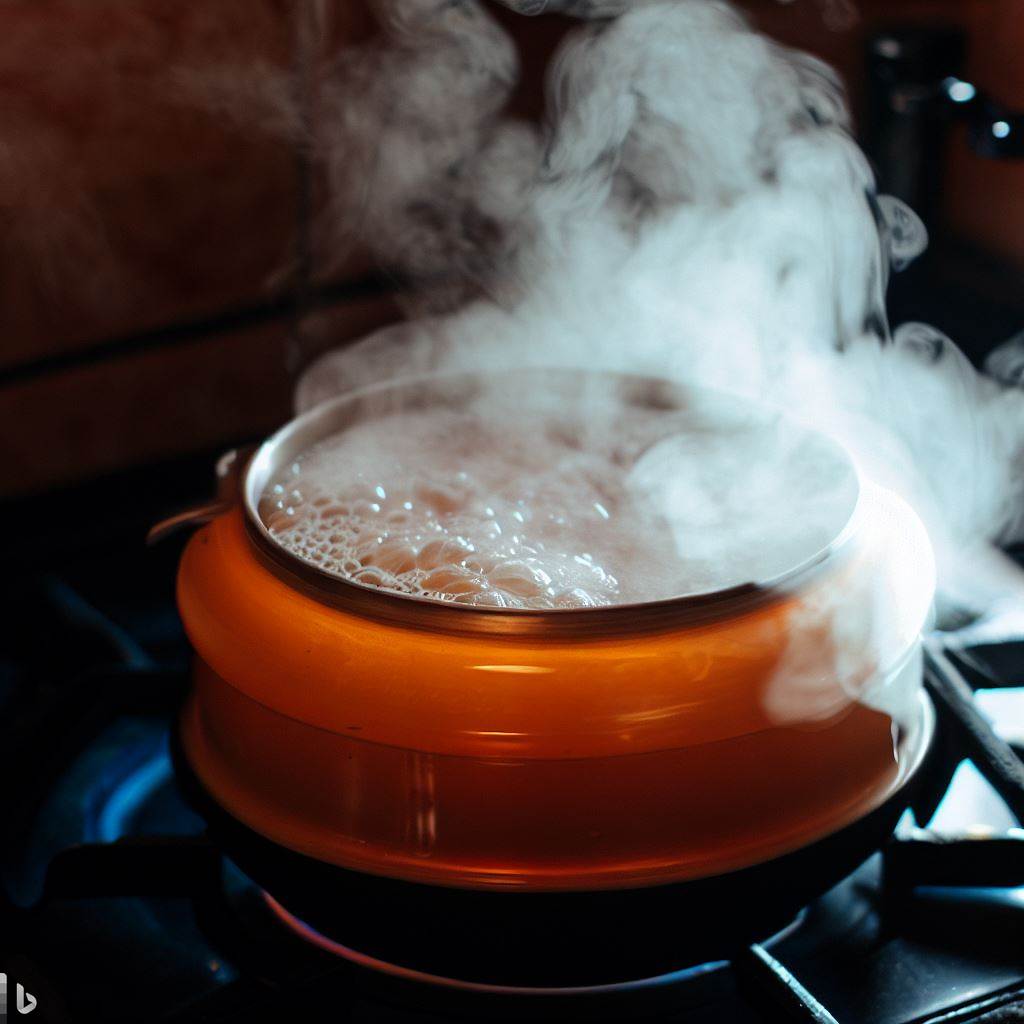The Pros and Cons of Using Maple Syrup in Kombucha Brewing
When it comes to kombucha, the choice of sweetener plays a crucial role in determining the flavor and overall quality of the final product. While many traditional recipes call for cane sugar, some brewers have started experimenting with alternative sweeteners like maple syrup. In this blog post, we will explore the pros and cons of using maple syrup in kombucha brewing, highlighting its unique characteristics and potential benefits, as well as the challenges it may present. So, let’s dive in!
Pros of Using Maple Syrup in Kombucha Brewing
- Distinctive Flavor Profile:
Maple syrup adds a rich, earthy, and slightly caramelized flavor to your brew. This unique taste can enhance the complexity of the brew, providing a delightful twist to the traditional tangy and slightly sweet profile of kombucha. It offers a natural sweetness that can be appealing to those looking for a more nuanced flavor experience. - Nutritional Benefits:
Compared to cane sugar, maple syrup contains trace amounts of minerals like manganese, zinc, and calcium. These minerals can contribute to the overall nutritional value of the brew, providing additional health benefits. Maple syrup also contains antioxidants, which can help combat free radicals and promote overall well-being. - Vegan-Friendly Option:
For those following a vegan lifestyle, maple syrup serves as an excellent alternative to honey, which is commonly used in kombucha brewing. By using maple syrup, brewers can create a vegan-friendly version of kombucha without compromising on taste or quality. - Local and Sustainable Sourcing:
Maple syrup is often produced locally, especially in regions with maple trees. By using maple syrup in kombucha brewing, brewers can support local farmers and promote sustainable agricultural practices. This aligns with the growing consumer preference for ethically sourced and environmentally friendly products.
Cons of Using Maple Syrup in Kombucha Brewing
- Cost:
Compared to cane sugar, maple syrup can be more expensive, especially if you opt for high-quality, organic varieties. This cost factor may deter some brewers from using maple syrup as their primary sweetener, particularly if they are producing kombucha on a larger scale. - Fermentation Challenges:
Maple syrup contains complex sugars that can be more difficult for the culture (SCOBY) to ferment compared to simple sugars like cane sugar. This can result in longer fermentation times and potentially affect the consistency and quality of the final brew. Brewers may need to experiment with different ratios and fermentation techniques to achieve the desired results. - Flavor Intensity:
While the distinctive flavor of maple syrup can be a pro for some, it may be a con for others. The strong flavor of maple syrup can overpower the delicate balance of flavors in your brew, making it less suitable for certain flavor combinations or styles. It is important for brewers to consider the overall taste profile they want to achieve and how maple syrup will contribute to it.
Conclusion
In conclusion, using maple syrup in brewing offers a range of benefits, including a unique flavor profile, nutritional advantages, vegan-friendliness, and support for local and sustainable sourcing. However, it also presents challenges such as cost, fermentation difficulties, and potential flavor intensity. As with any ingredient, it is essential for brewers to experiment, adapt, and find the right balance to create a kombucha that aligns with their vision and satisfies their target audience.
By exploring the pros and cons of using maple syrup in booch, brewers can make informed decisions and unleash their creativity to craft exceptional kombucha flavors that captivate the taste buds of kombucha enthusiasts worldwide. Happy Brewing! Ready to get going on your brewing adventure? Check out our Quickstart guide!
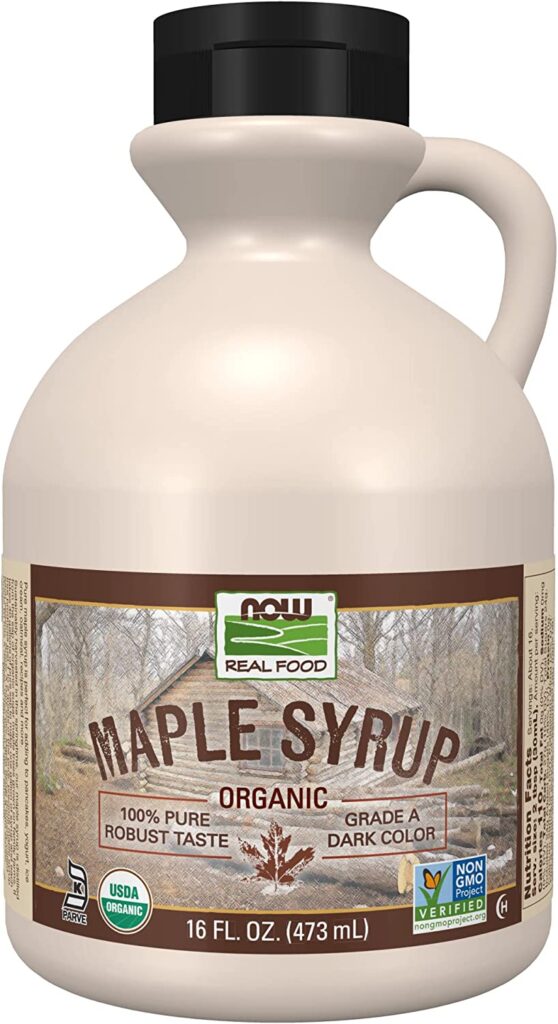
Sources:
- “Maple Syrup: Healthy or Unhealthy?” Healthline
- “The Pros and Cons of Maple Syrup in Kombucha.” Kombucha Kamp

